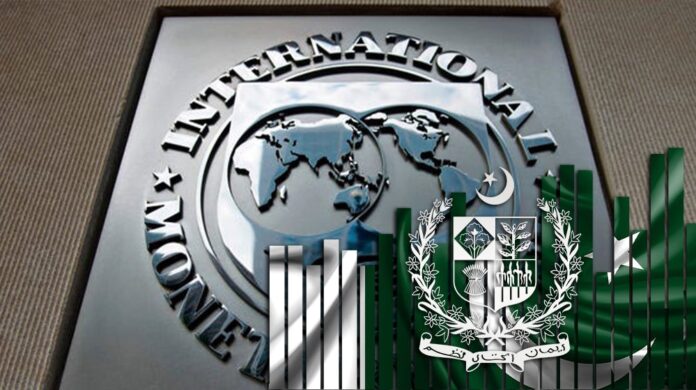The International Monetary Fund (IMF) has expressed concern over Pakistan’s weak fiscal management and called for immediate reforms in cash monitoring, treasury operations and oversight of public spending, Dawn reported.
In its latest Governance and Corruption Diagnosis Assessment, the Fund said Pakistan’s financial controls remained inadequate despite being in its 24th programme and working closely with the Ministry of Finance.
It noted that gaps in the Single Treasury Account continue to weaken the government’s control over cash balances. It said fragmented cash holdings across multiple accounts lead to idle balances that are not efficiently deployed, while a lack of transparency raises questions about who receives interest earnings on accounts held by federal entities in commercial banks.
In addition to treasury gaps, the IMF highlighted that several stages of Pakistan’s expenditure process are still executed manually and remain outside the Financial Accounting and Budgeting System, exposing the system to governance vulnerabilities. Parliamentary oversight has also been strained; the National Assembly approved Rs9.4 trillion in expenditure overruns in FY25, five times the previous year.
The report criticised the division of debt management functions across multiple entities, saying overlapping mandates complicate coordination and slow decision-making. The absence of a staffed Cash Forecasting Unit and irregular meetings of the Cash Coordination Committee have further limited effective cash projection and constrained borrowing operations.
The IMF also pointed to weaknesses in public investment management, noting that Pakistan continues to face delays and rising costs in development projects due to inconsistent funding over the project life cycle. Constituency development funds under direct control of lawmakers were cited as another factor distorting capital investment decisions and weakening oversight.
According to the assessment, fiscal and economic governance vulnerabilities stem from a persistent gap between policy and practice, creating room for the misuse of public authority for private benefit. The Fund said institutions operating outside standard accountability structures increase corruption risks and undermine overall fiscal discipline.
While acknowledging that the Ministry of Finance has established a framework for cash and debt management, the IMF stressed that implementation remains slow. It urged Pakistan to take corrective action within three to six months, including strengthening cash forecasting capacity, improving analytical tools and finalising decisions on TSA institutional coverage.
The Fund concluded that addressing these gaps is essential to improving public financial management, strengthening budget credibility and reducing corruption vulnerabilities in Pakistan’s fiscal system.




